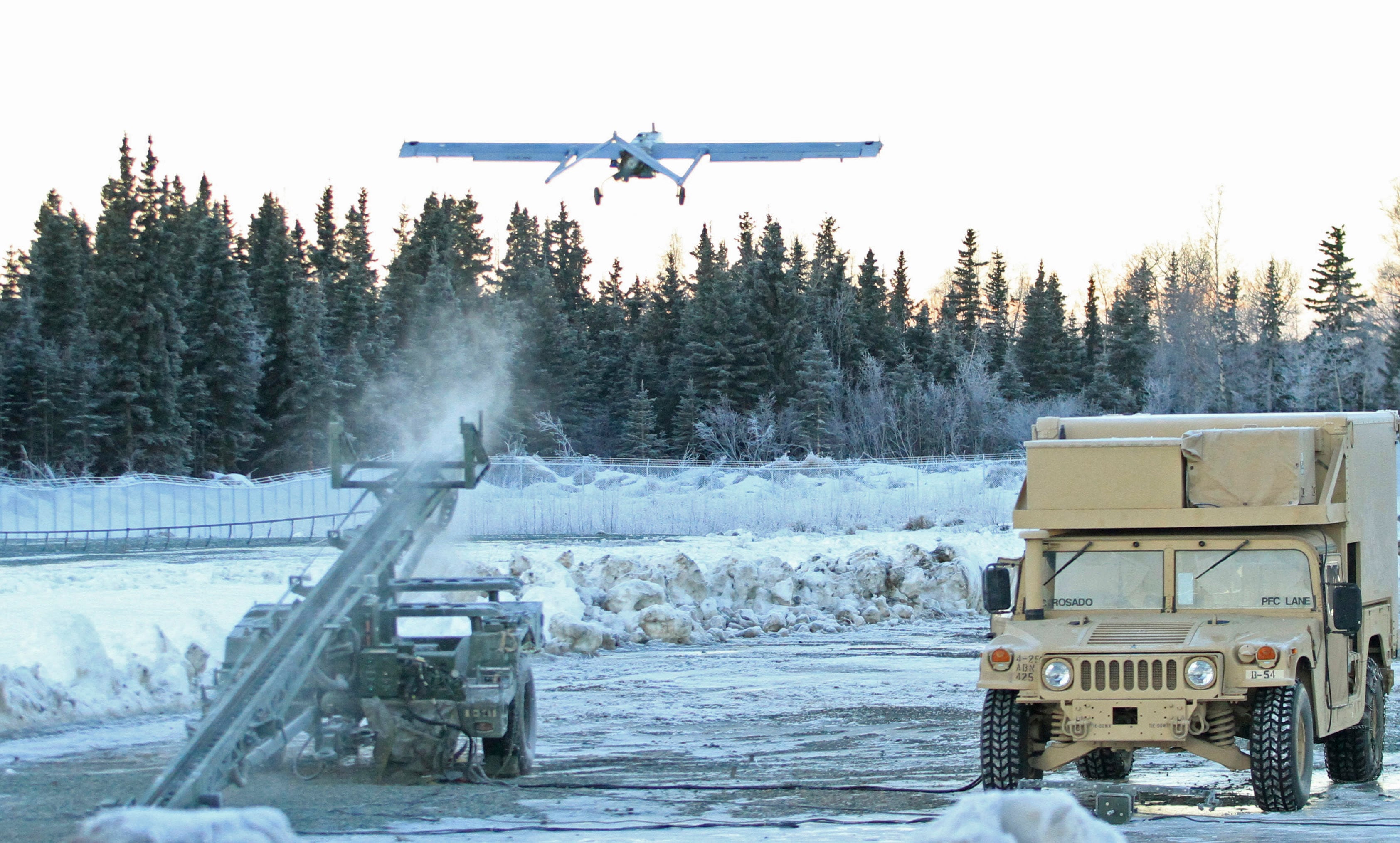While the world witnesses Russia’s senseless and shockingly muddled invasion of Ukraine, military logisticians around the globe are drawing a collective sigh: “See? We told you so.”
Two weeks ago, the Russian bear withdrew from key objectives that Western intelligence once estimated would fall in a matter of days. How did the Russian military go from near-peer powerhouse to sideshow spectacle in so little time?
The answer is fuel. Russian planners fell victim to the classic blunder of warfare: ignoring their logistics. Their overconfidence and under-preparation for supplying it was their Achilles’ heel, hobbling any hope of a swift Russian victory. Within days of their February invasion, Russian forces found themselves stranded and out of fuel (not to mention food and water). Their forces sat in massive, stagnant convoys, seemingly helpless to repel drone strikes, guerrilla attacks and crumbling morale. Starved of their fossil fuels, the Russian war machine stalled.
Military logisticians have long lamented the folly of fossil fuel dependence. When James Mattis was a major general commanding the 1st Marine Expeditionary Force in Iraq, he begged Navy researchers to unleash the military “from the tether of fuel.” Acquiring, transporting and protecting tens of millions of barrels of fuel each year places tremendous strain on our military resources. From 2003 to 2007 alone, nearly 10% of America’s casualties in Iraq and Afghanistan came from fuel and water resupply missions. Dr. Neta Crawford, co-director of Brown University’s Costs of War Project, estimates that a quarter of the oil consumed by the U.S. military is used just to protect access to oil.
Fossil fuels aren’t just a vulnerability on the battlefield; they’re also a strategic straitjacket. OPEC-controlled fuel prices can turn major economies on their heads. The decisions of fossil fuel CEOs can drive massive foreign policy shifts. In 1941, Japan declared war because America threatened its fuel supply.
The U.S. and our NATO allies aren’t immune from this dependence. Europe’s reliance on fossil fuels means Russian oil and gas have been exempted from sanctions, leaving a gaping hole in our attempts to isolate Russian President Vladimir Putin economically. The U.S. Defense Department is the largest institutional fossil fuel consumer in the world, and we estimate that up to 30% of the energy used by American installations in Europe comes from Russian sources. As the invasion of Ukraine drives up global fuel prices, American taxpayers are inadvertently lining Putin’s pockets.
The world’s addiction to fossil fuels, and Russia’s ability to profit from that addiction, present an unacceptable risk to American and global security. We have to treat our overreliance on fossil fuels as the national security threat that it is. Independent, clean and sustainable energy is a massive win for America’s national interests that all sides — left or right — should champion.
RELATED

First, we must make our bases energy independent. The DoD has already proved the value of sustainable microgrids; it’s time to establish them in every base so they can operate even if civilian grids go down. Bases and non-tactical vehicles should be fully electrified so their power can come from anywhere. And every base should be able to generate its own power with clean energy. The technology is ready: The Navy’s Pacific Missile Range Facility can already run on batteries and solar, and Fort Hood’s renewables kept the lights on during last year’s Texas ice storm.
Second, we should take every opportunity to decouple operations from fossil fuels. Some of this can be achieved simply through efficiency and better planning: The Defense Innovation Unit’s Jigsaw software can cut air refueling needs by 10% just by arranging flights intelligently. The Army has already set a goal of electrifying tactical vehicles by 2050. In tough areas like jet fuel, we can deploy proven alternatives like the synthetic aviation fuels already verified as “drop-in ready” by the military to bridge the gap while the DoD perfects technologies like carbon capture and transformation that literally create fuel from thin air.
Third, militaries are never fully independent of the economies that power them. True energy security requires that America and our allies decarbonize alongside the military. The DoD can help by using the power of its prodigious procurement to move manufacturers and support electrification at home and abroad.
Every day we delay, we spend more money on equipment and infrastructure that locks us into fossil fuel dependence and strategic vulnerability. How long do we wait before we unleash ourselves — and the world — from the tether of fossil fuels?
U.S. Air Force Lt. Col. Theodore “Doc” Shanks is a C-17A command pilot as well as a national defense fellow and visiting scholar at the Watson Institute for International and Public Affairs at Brown University, where he researches climate security and the effects of Air Force operations on global climate change. Alexander Gard-Murray is a political economist at the university’s Climate Solutions Lab, where he researches climate change, distributional politics and policy options for accelerating decarbonization. The views expressed in this commentary represent the personal views of the authors and are not necessarily the views of the U.S. Defense Department, the Department of the Air Force or Brown University.








